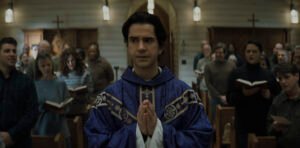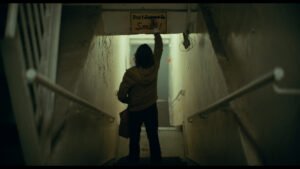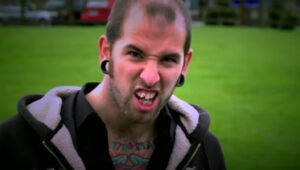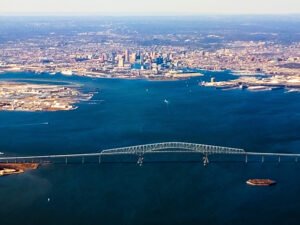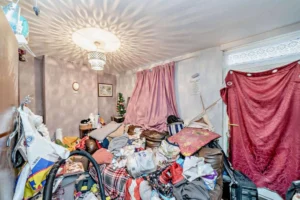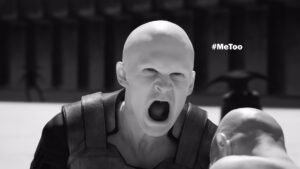Dark Series Review
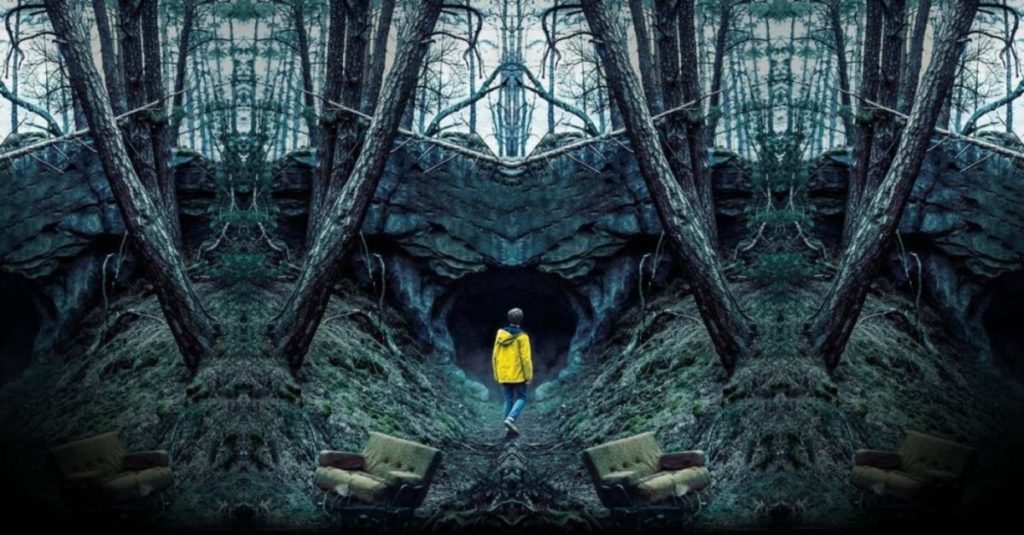
I completed the Netflix science fiction series Dark this weekend after it released season 3 early Saturday morning and the third season is almost as good as the first two. For the uninitiated, Dark centers around people in the town of Winden where a nuclear power plant sits. A cave underneath has tunnels where at the center lies a wormhole that leads to different time periods.
The casting is fantastic given that people are played across three primary time periods, the acting and direction are great, and the palette of a time period is distinguishable. The show is German, dubbed, and is among the best foreign shows or movies I have seen. It’s fortunate that it’s dubbed, because if it weren’t, I might not be able to watch it since my brain has difficulty multitasking with subtitles. The dubbing is slightly annoying at first but getting used to it is not difficult.
Like most time travel science fiction, the show deals with paradoxes and the issue of free will. But this show is heavy on characters and it’s the storytelling around these characters that make this show so good. One of the reasons the show is titled Dark is because of the decisions the characters make and the things they do.
And like most time travel science fiction, there are plot holes and unfired Chekhov’s guns. But ultimately the story stays focused on the circular nature of the bootstrap paradox of a closed time loop and succeeds. The third and final season brings a resolution to the time loop(s) and it’s a little rushed given what happened in the two prior seasons. It’s still great, though, and the series is a must-see for any science fiction fan.
Grade: A-
Spoilers
With all the different time loops comes a lot of voice-over narration keeping the viewer on track that this is a closed time loop and all of the character’s actions are pre-determined. This is one issue with the show and this creeps into a lot of the character dialogue too – how many times do we have to hear “the beginning is the end and the end is the beginning?”
When the show introduces the existence of the second world at the end of the second season, then visits that world in the third, the show becomes a little too muddled and the narration and closed loop dialogue only increases. Then when the concept of a third world, the origin world, comes into play at the end of the third season it’s apparent that the writers were ending the show quicker than they should have, or maybe quicker than they would have liked to have done.
When Jonas and Martha travel to the origin world to collapse their worlds, it is revealed that their worlds were like a dream to the origin world. While this “life is but a dream” trope could be considered a cliché cop-out, it actually works given the context that the two worlds were split from the origin world. This is where the show could have greatly benefited from a fourth season showing the origin world, then wrapping things up.
